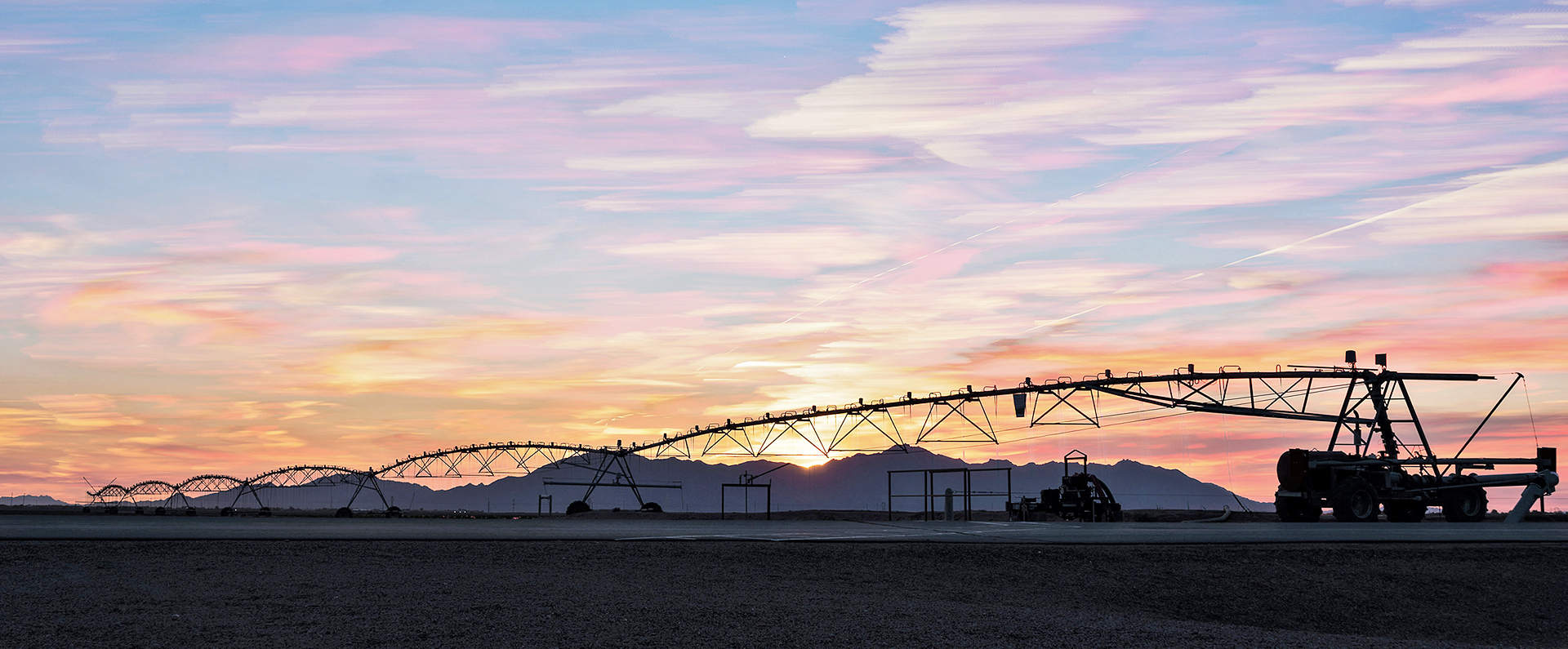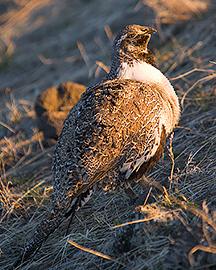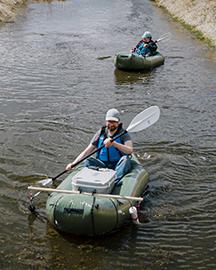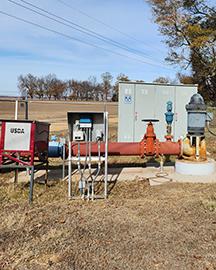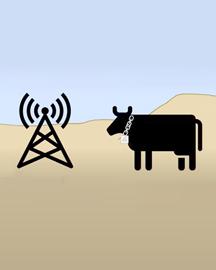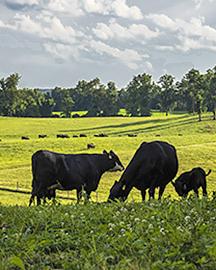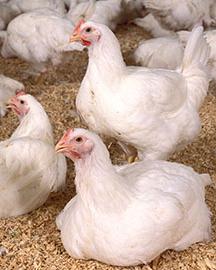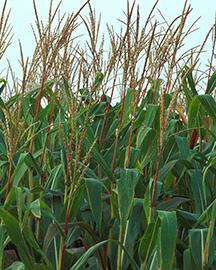Improved Irrigation Management Tool at Your Fingertips
Water is critical in agriculture, and having too much or too little could make all the difference in crop yields, soil health, and protecting the environment. Today, irrigation water resources face challenges due to increasing municipal demand, declining aquifers, and droughts as in the Colorado River basin. Now more than ever, efficient irrigation on farms is crucial to U.S. agriculture.
To support efficient water management, ARS researchers in Temple, TX, and Fort Collins, CO, developed an open-source model, pyfao56, for precise crop water management. This free downloadable model is customizable with local data and uses enhanced weather forecasts, measured soil water data, visualization tools, and other metrics to assist farmers, agronomists, crop consultants, and irrigators with improving irrigation management. Pyfao56 is being incorporated into tools ranging from smartphone apps for irrigation scheduling to gridded global-scale models.
Related Information
Publication: Version 1.1.0-pyfao56: FAO-56 evapotranspiration in Python
Research Project: Improving Water Management for Arid Irrigated Agroecosystems


